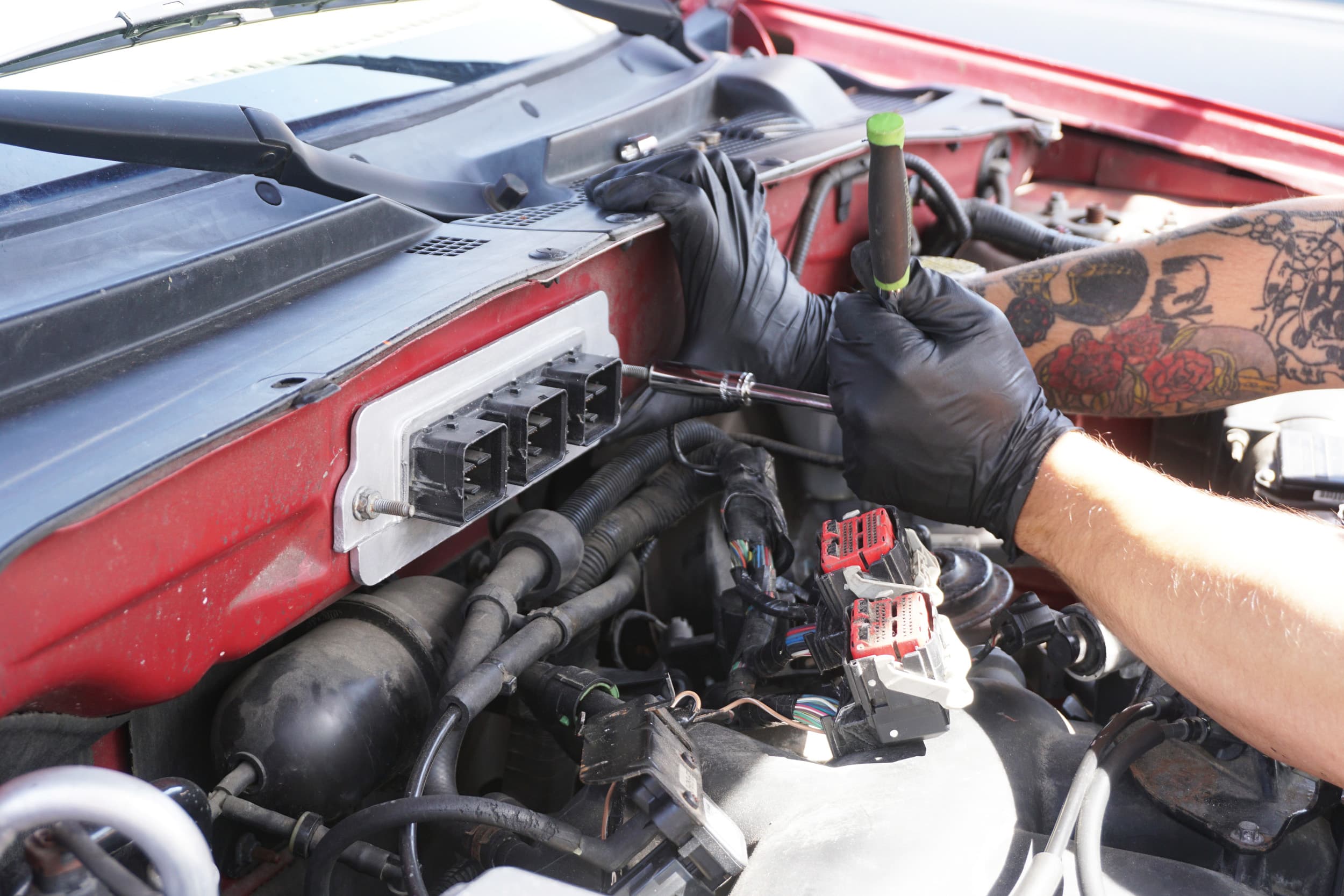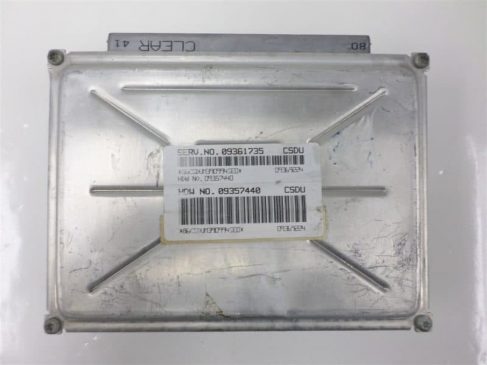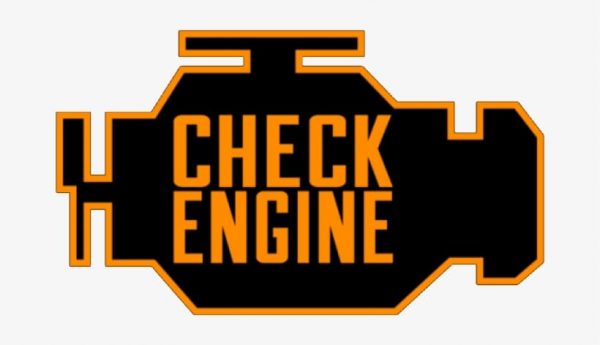Last updated on November 4th, 2024 at 10:56 am
This guide applies specifically to a diverse range of Ford, Jeep, and Chrysler models, each of which has trustingly come to rely on Flagship One, Inc., for the provision of OEM control modules. It’s important to note that while these vehicles are top of the line, like all mechanical systems, they are not immune to issues. Common problems related to Powertrain Control Modules (PCM) in these vehicles often range from non-starting engines and transmission shifting problems to decreased fuel economy and misfiring. Understanding these issues is key to ensuring the smooth operation of your vehicle, and it is precisely what we at Flagship One, Inc., aim to support you with.
Engine Computer Replacement Guide
II. Common Issues and Diagnostic Codes
One of the most common issues necessitating a PCM replacement relates to engine misfires. Your engine may start misfiring, leading to uneven running and a noticeable drop in performance. This is often accompanied by the Check Engine Light illuminating. The diagnostic trouble codes (DTCs) P0351 to P0356 are often associated with this issue. These codes indicate ignition coil “A” through “F” primary or secondary circuit malfunctions, which essentially means the PCM is not functioning as it should to control the ignition coils.
Another prevalent issue is the vehicle not starting or cranking correctly. This problem can arise due to PCM failing to supply the right amount of power to the starter relay and ignition coil. Diagnostic codes P0351 to P0356 may also indicate this issue, suggesting a malfunction in the ignition system circuit, which is directly controlled by the PCM.
Decreased fuel economy is yet another symptom that might spell trouble with your PCM. This can happen when the PCM isn’t correctly managing fuel injection timing, leading to unnecessary fuel consumption. Once again, codes P0351 to P0356 can be indicative of this problem, as they point towards a malfunctioning ignition system, which can affect the overall fuel efficiency.
In essence, the trouble codes P0351 to P0356 serve as potential indicators of any malfunction within the PCM, warranting immediate attention. As such, should you encounter these diagnostic codes, it would be prudent to consider a PCM check or replacement to restore your vehicle’s optimum performance.
III. Preparing for the Swap
Before you start the process of swapping out your vehicle’s faulty PCM, it is crucial to prepare adequately. First and foremost, you need to purchase a new control module. When doing so, ensure that you choose a control module that matches your vehicle’s VIN (Vehicle Identification Number). This step is of utmost importance as each VIN is unique and corresponds to specific features of your vehicle. Taking this precaution ensures compatibility between your vehicle and the new control module, streamlining the swapping process and ensuring optimum performance post-installation.
To ascertain your vehicle’s VIN, check the driver’s side dashboard or the driver’s side door jamb. Once you’ve noted the VIN, share it with the retailer or the service provider like Flagship One, Inc. to ensure that you get a control module that is a perfect match for your vehicle. Remember, getting the right control module is half the battle in ensuring a successful swap and ensuring the long-term performance of your vehicle.
IV. Tools Required
For the PCM swapping process, you’ll need to have a few specific tools at hand. These include:
- A 10mm socket,
- An 11mm or 7/16-inch deep well socket,
- A ratchet.
Having these tools readily available will facilitate a smooth and efficient swapping process. They are essential for removing and reinstalling the PCM correctly. Please ensure that you handle these tools with care to avoid any damage to the new control module or your vehicle.
V. Removal of Old PCM
- To remove the old Powertrain Control Module (PCM), follow these steps:
- Locate the PCM in your vehicle. It is typically situated in the engine compartment.
- Disconnect the negative battery cable using the 10mm socket. This is a safety measure to prevent any electrical mishaps during the removal process.
- Locate and remove the electrical connectors plugged into the PCM. These can be carefully unclipped and set aside.
- Using the 11mm or 7/16-inch deep well socket, remove the bolts securing the PCM in place.
- Once the bolts are removed, you should be able to slide the PCM out of its slot.
- Ensure that you handle the PCM with care during the removal process, as these modules are sensitive to rough handling and electrostatic discharge.
VI. Installation of New PCM
To install the new Powertrain Control Module (PCM), you should essentially reverse the procedure used to remove the old one. Follow these steps:
- Carefully slide the new PCM into the slot from which you removed the old one. Ensure it is securely positioned and aligned correctly.
- Once firmly in place, use the 11mm or 7/16-inch deep well socket to reattach the bolts that secure the PCM. Tighten them just enough to hold the PCM securely; over-tightening can cause damage.
- Reconnect the electrical connectors that were previously unplugged from the old PCM. Make sure they click into place to confirm a secure connection.
- Now, reconnect the negative battery cable using the 10mm socket.
- Once everything is securely reconnected, start the vehicle to ensure that the new PCM is functioning correctly. If the vehicle starts and runs normally, and the Check Engine Light does not illuminate, you have successfully installed the new PCM.
Remember, handling your PCM with care is crucial throughout the installation process, as these modules can be sensitive to rough handling and electrostatic discharge. If you encounter any problems during the installation process, do not hesitate to contact a professional or your trusted service provider like Flagship One, Inc.
VII. Recommendations for Additional Components
While replacing your Powertrain Control Module (PCM), it is also advisable to consider acquiring a few additional components that work in tandem with the PCM. This not only ensures a seamless installation process but also optimizes the overall performance of your vehicle.
- Keys: For some vehicle models, a new set of keys may be necessary, as the PCM also controls the vehicle’s anti-theft system. Make sure to inquire about this when purchasing your new PCM.
- Ignition Coils: Given that the PCM directly controls the ignition coils, any malfunction in these coils can affect the PCM’s performance. Therefore, it may be beneficial to replace the ignition coils when installing a new PCM.
- Spark Plugs: Since the spark plugs are crucial in the ignition process, and their performance is directly monitored and controlled by the PCM, it is advisable to consider their replacement as well.
Remember, having these additional components on-hand during the installation process can save time, prevent potential complications, and enhance your vehicle’s overall performance. As always, consult with a trusted service provider like Flagship One, Inc. to ensure you are acquiring the right components for your specific vehicle model.
VIII. Special Offers and Contact Information
At Flagship One, Inc., we are committed to providing value for our customers. Therefore, we often run special offers on our PCM modules. Currently, we’re offering a 10% discount on all PCM purchases. We also provide free technical support and a lifetime warranty on all our control modules, ensuring continual performance and peace of mind for our customers. For further help or inquiries, please feel free to contact our customer service at (516) 766-2223. Our team is ready and eager to assist you in enhancing your vehicle’s performance.
In conclusion, the proper replacement of your vehicle’s Powertrain Control Module (PCM) is a fundamental aspect to ensure optimal performance and longevity. From having the right tools at hand to handling the module with care and aligning it correctly during installation, every step plays a crucial role. Furthermore, considering the replacement of additional components like keys, ignition coils, and spark plugs can significantly enhance your vehicle’s overall functionality. At Flagship One, Inc., we offer top-notch OEM control modules and a wealth of experience to guide you through a seamless PCM replacement process. Our special offers, free technical support, and lifetime warranty on all our control modules assure you of unmatched value. Trust us for a hassle-free experience and continual performance of your vehicle.



